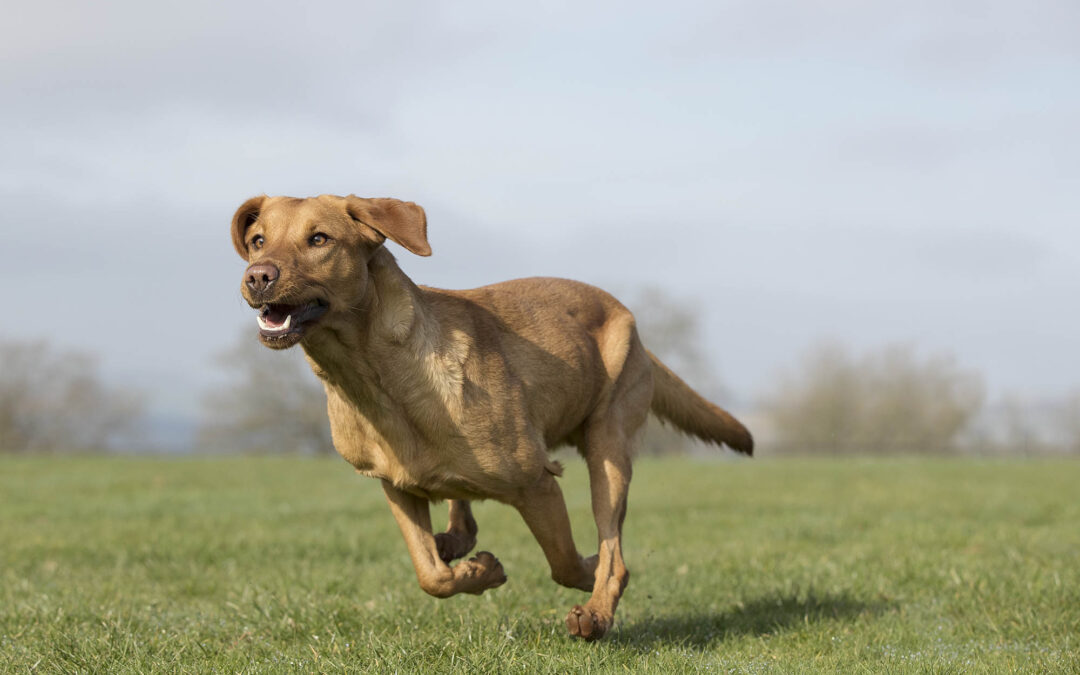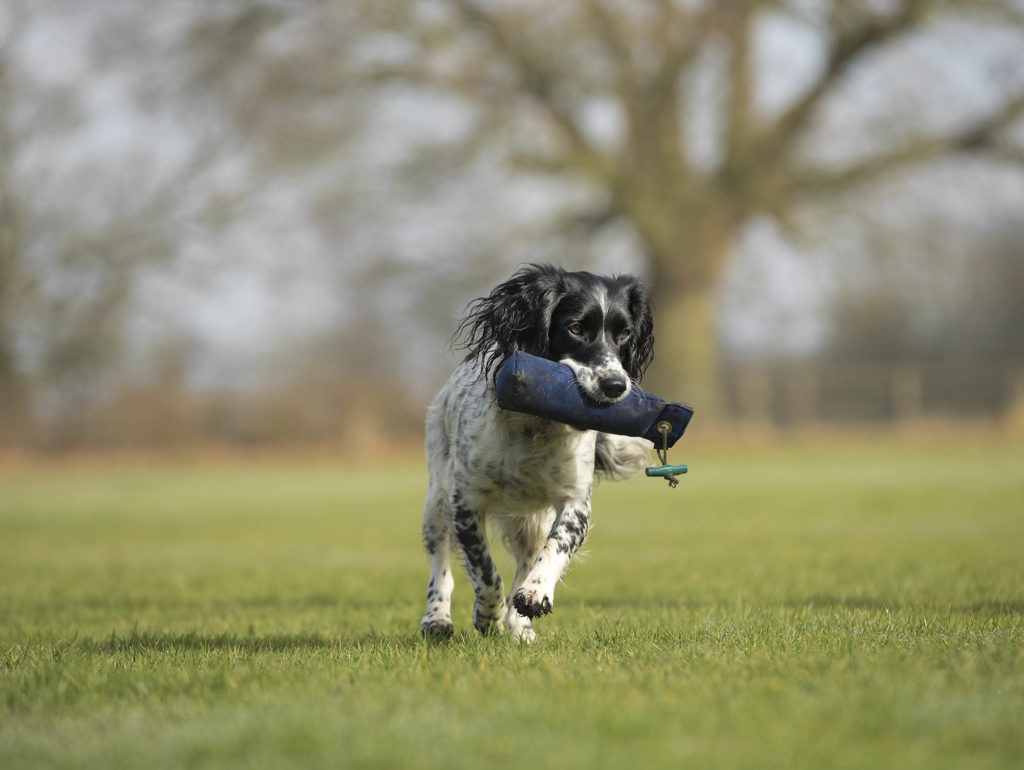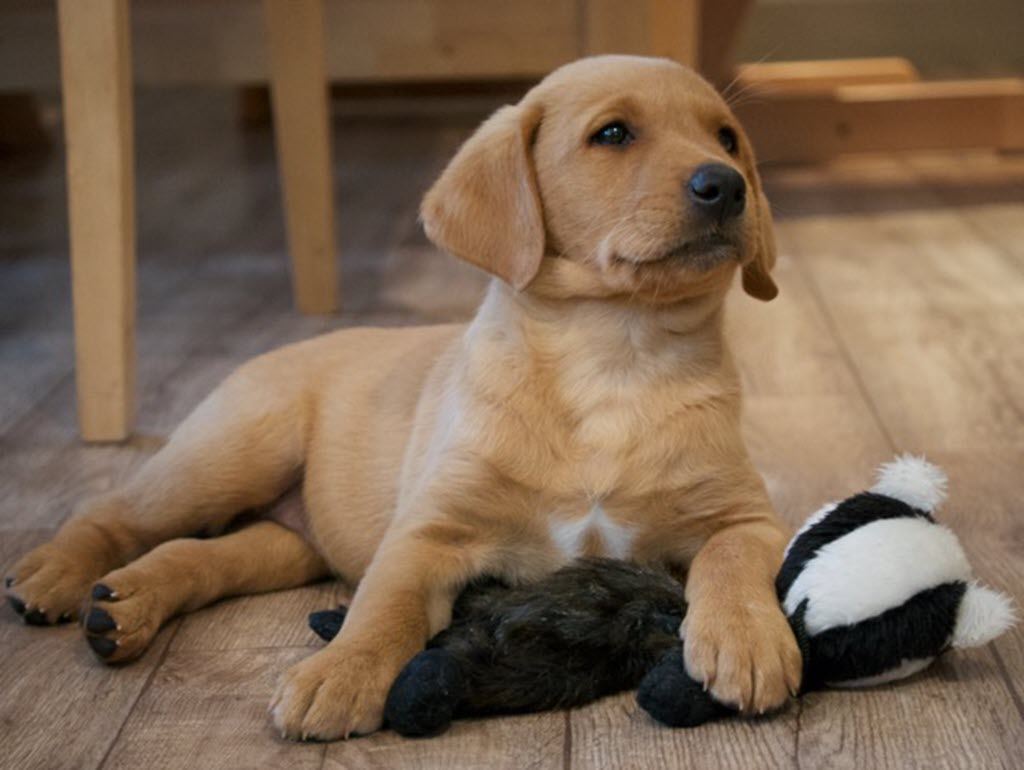If you’ve ever caught yourself thinking, “Why isn’t my dog doing what theirs can?” you’re not alone. Social media is full of videos showing young dogs smashing competitions, retrieving dummies flawlessly, or mastering obedience drills with ease. It’s inspiring until it becomes overwhelming.
Here’s the truth we all need to hear: when it comes to dog training, it’s stage not age. Your dog’s development depends on readiness, not their birthday.
Why is my dog not progressing like others?
Maybe your friend’s 12-month-old Golden is already running working tests, and your 15-month-old Labrador still struggles to stay focused in the park. That doesn’t mean your dog is behind. It just means they’re on their own timeline.
Dogs develop at different rates, just like people. Some mature physically earlier than others. Some dogs are raised and trained by experienced handlers. Others are first-time dogs or simply late bloomers. And all of that is perfectly normal.
Kiwi’s Journey: A Real-Life Look at It’s Stage Not Age
Take my own youngster, Kiwi. He’s 18 months old now. He’s a big dog who has spent most of that time simply growing his body. Mentally, he’s not quite ready for the world of competition yet.
Could I push him into a test before the season ends? Probably. Would it be enjoyable for either of us? Probably not.
More importantly, would it build good foundations for the future? Definitely not.
So instead, I’m choosing to wait. By next year, he’ll be physically finished growing and mentally more settled. We’ll be in a better position to build on his training in a way that feels good for both of us.
That’s why I keep reminding myself—it’s stage not age. Kiwi needs to grow into himself before he’s ready.
Why is my 15-month-old Labrador not ready to do a working test?
Because he’s simply not ready yet, and that’s completely fine.
In many competitions, you must enter puppy or special puppy classes before your dog turns two. That kind of deadline can make people feel like they have to rush. But instead of focusing on age, ask yourself:
Is my dog enjoying the work?
Are they emotionally prepared for the challenge?
Am I actually enjoying the training process?
If the answer to any of these questions is “not really,” then giving your dog more time might be the wisest choice.
It’s Stage Not Age: Why Foundational Work Takes Time
Training a dog is like going to the gym. You don’t build strength overnight. Progress comes with time and consistency.
Dogs, like people, go through important mental and emotional shifts as they grow – and it’s especially noticeable during adolescence. Between roughly 6 to 16 months old, their brains are changing rapidly.
As behaviourist Dr Amber Batson explains, this stage is when the emotional parts of a dog’s brain are developing fast, while the areas responsible for impulse control are still catching up. That means they can be impulsive, distracted, and sensitive to pressure.
Trying to rush training during this window can often backfire. Instead, focus on relationship-building, calm routines, and keeping the experience positive. Taking your time isn’t just kind – it’s smart.
👉 You can read more about her insights on adolescent brain development in dogs here:
https://www.animalconnectiontraining.com/adolescence-what-happened-to-my-cute-puppy
Let’s stop rushing – your dog’s timeline is the only one that matters
Here’s your permission slip. You don’t need to keep up with anyone else. You just need to keep going.
Enjoy the stage your dog is in right now. Even if it’s messy, or slow, or full of half-finished behaviours, it’s still progress. And if you’re stuck or unsure, reach out for help. That’s what trainers, mentors, and good communities are for.
But most of all, breathe. Smile. Watch your dog chase a butterfly, nose around in the long grass, or light up over their favourite toy. These little moments won’t last forever. You’ll miss them if you’re always focused on what’s next.
Final thoughts
Whether your dog is headed for agility, heelwork, gundog work, scentwork or simply a joyful life as your best mate, they don’t need to follow anyone else’s schedule.
Take the pressure off. Let go of the comparisons. Let them grow. Let them explore. Let them take their time.
Because it’s stage not age. And that’s where the real magic happens.
Comparison is the thief of joy!
Gundog Training Courses
Have you got a gundog breed at home? Would you like to train him/her for the shooting field, or would you just like to train your dog to a high level? I can help with these scenarios.
Puppy Training Courses
When you first bring a puppy home it can be very exciting but daunting all at the same time, so I am on hand to come and guide you through those key canine development stages to ensure that your puppy grows up to be well-mannered.



